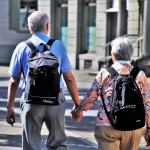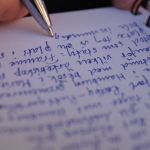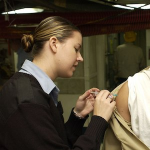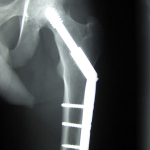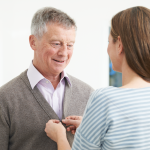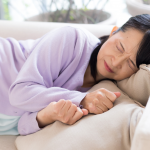As the possibility of a vaccine for COVID-19 draws nearer, so does the consideration of who is "first" in line to receive it. Should we protect the vulnerable, like the elderly, or reduce the spread by prioritizing "superspreaders"? More importantly, beyond this utilitarian consideration are there additional ethical concerns? Let's take a look.
elderly
Once again, from the frontline of COVID-19's war on the elderly, a follow-up diary covering recent thoughts of two of our seniors. They are heroes in their own way.
Throughout this pandemic, we have heard many heartbreaking and heartwarming stories of how we're responding and coping. Many of those have been about the elderly, accounts written by adult children describing how they miss contact with their parents, segregated from them by institutional living. But here is a first-hand account by an older couple in their mid-80s, who describe what they are thinking and living through during this staggering health crisis.
Do you want grandma to keep baking cookies? Well, she won't anymore if she dies from the flu. So go get your shot when the next flu season rolls around in October.
Bones are not inert objects, but instead living tissue that responds to a host of mechanical forces. So what if the reason some elderly fall and "break" their hip is that – similar to a bridge collapsing from mechanical fatigue – their bones just gave way?
Death rates for Alzheimer's Disease have risen 55% between 1999 and 2014. That's according to the Centers for Disease Control and Prevention’s latest Morbidity and Mortality Weekly Report. Here are the reasons why this is occurring, and the trend's implications.
In a new study of elderly Chinese, researchers sought to learn if mid-day napping was beneficial – and if so – when it was best to do, and for how long to achieve optimal results. They concluded that for adults 65 and older, post-lunch, one-hour naps improved mental performance as compared to those who napped longer, shorter or not at all.
